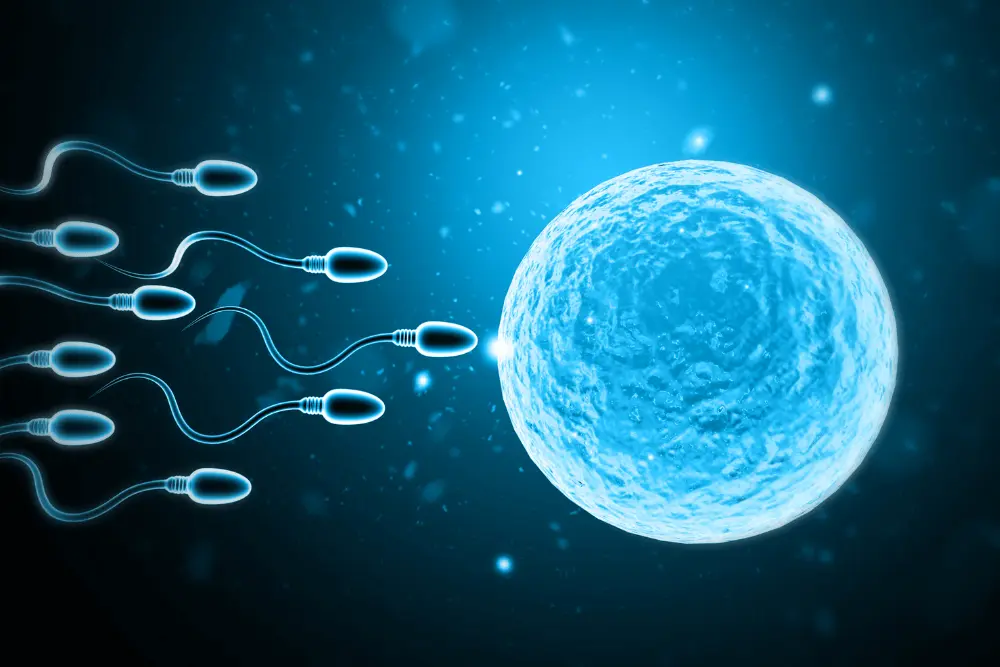Male infertility is a complex medical condition that affects millions of men worldwide. While it’s often overlooked compared to female infertility, male factors contribute to nearly half of all cases of infertility in couples. Understanding the causes and treatment options for male infertility is crucial for couples struggling to conceive and seeking to start or expand their families.
By gaining a better understanding of male infertility and its underlying causes, men and their partners can take proactive steps to address fertility challenges and explore the available treatment options. Whether you’re facing male infertility yourself or supporting a loved one on their fertility journey, this guide provides valuable insights and practical advice to help navigate this complex and often emotional process.
Understanding Male Infertility
Male infertility refers to the inability of a man to achieve conception with a fertile female partner after one year or more of regular, unprotected intercourse. While it’s commonly associated with the inability to produce sperm, male infertility can also be influenced by factors such as sperm quality, motility, and morphology.

Common Causes of Male Infertility
There are multiple causes of male infertility, including sexual health problems. A man being unable to get his partner pregnant can occur for several reasons, not just because he is infertile. Factors include:
Medical Conditions: Several medical conditions can impair male fertility by affecting sperm production, function, or delivery. These include:
- Varicocele: Varicocele is a condition characterized by enlarged veins in the scrotum, which can increase scrotal temperature and disrupt sperm production.
- Hormonal Imbalances: Hormonal imbalances, such as low testosterone levels or elevated levels of prolactin, can interfere with sperm production and fertility.
- Infections: Certain infections, such as sexually transmitted infections or urinary tract infections, can damage the reproductive organs and affect sperm quality.
- Erectile Dysfunction: Erectile dysfunction (ED) can make it difficult to achieve or maintain an erection during sexual intercourse, reducing the likelihood of conception.
- Structural Abnormalities: Structural abnormalities of the reproductive organs, such as blockages in the vas deferens or congenital defects, can impede the flow of sperm and hinder fertility.
Treatment Options for Male Infertility
Medications
Certain medications may be prescribed to address underlying medical conditions that contribute to male infertility. For example, hormone therapy may correct hormonal imbalances, while antibiotics can treat infections affecting sperm quality. Additionally, medications such as clomiphene citrate or letrozole may be prescribed to stimulate sperm production in men with low testosterone levels.
Surgery
Surgical interventions may be necessary to correct structural abnormalities or blockages in the reproductive organs that impede sperm production or delivery. Procedures such as varicocele repair, vasectomy reversal, or sperm retrieval techniques (e.g., testicular sperm extraction or microsurgical epididymal sperm aspiration) can help restore fertility in some cases.

Assisted Reproductive Techniques (ART)
Assisted reproductive techniques offer alternative methods for achieving conception when natural conception is not possible. These techniques may include:
- Intrauterine Insemination (IUI): IUI involves placing prepared sperm directly into the woman’s uterus during ovulation to increase the likelihood of fertilization.
- In Vitro Fertilization (IVF): IVF involves fertilizing eggs with sperm in a laboratory setting and transferring the resulting embryos into the woman’s uterus for implantation.
- Intracytoplasmic Sperm Injection (ICSI): ICSI is a specialized form of IVF where a single sperm is injected directly into an egg to facilitate fertilization, particularly in cases of severe male factor infertility.
Sperm Retrieval Techniques
In cases where sperm production or delivery is impaired, sperm retrieval techniques may be used to obtain sperm for assisted reproductive procedures.
These techniques include:

- Testicular Sperm Extraction (TESE): TESE involves extracting sperm directly from the testicles using a surgical procedure. This method is particularly relevant in the context of testicular cancer, where traditional sperm retrieval may not be viable due to the cancer’s impact on the testes.
- Microsurgical Epididymal Sperm Aspiration (MESA): MESA uses microsurgical techniques to retrieve sperm from the epididymis, a structure near the testicles.
- Percutaneous Epididymal Sperm Aspiration (PESA): PESA involves using a needle to aspirate sperm directly from the epididymis.
If you or someone you know is experiencing male infertility, remember that you’re not alone. Men’s Health Clinic Manitoba offers resources, support networks, and treatment options to help you navigate this journey. Take proactive steps, stay informed, and seek professional guidance by contacting us today.






